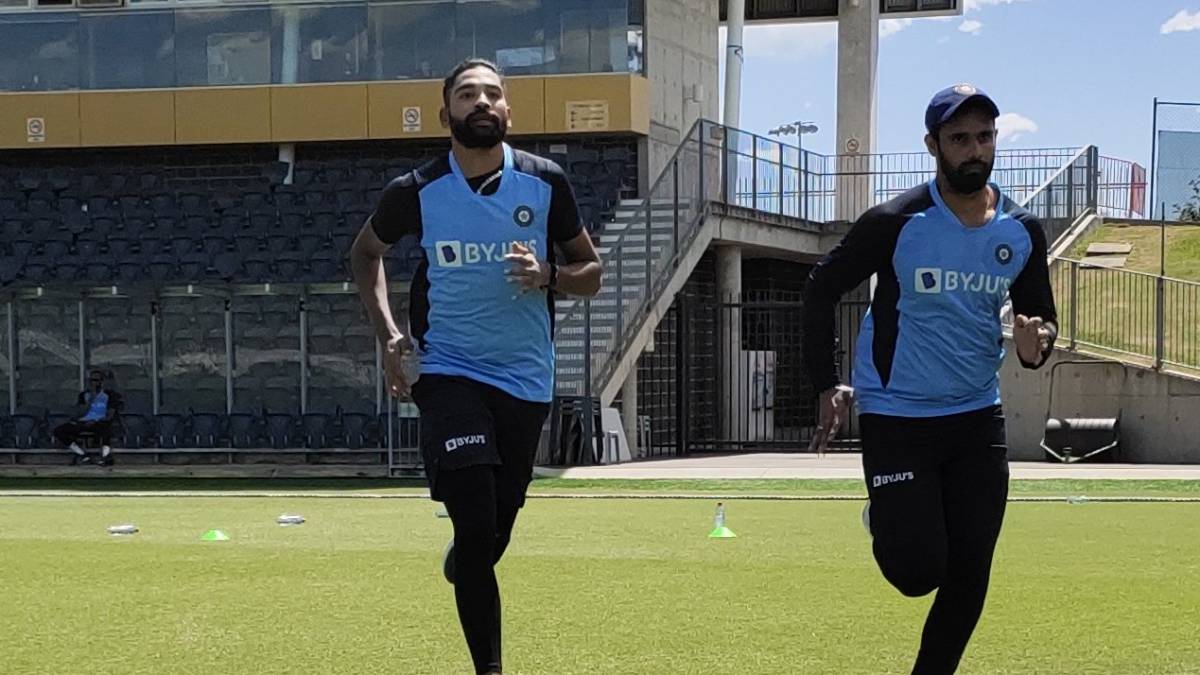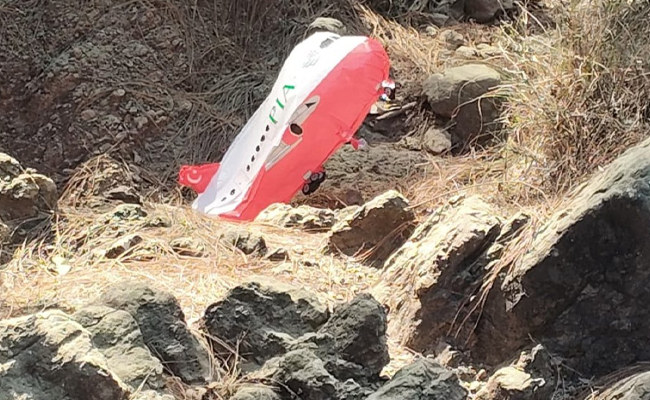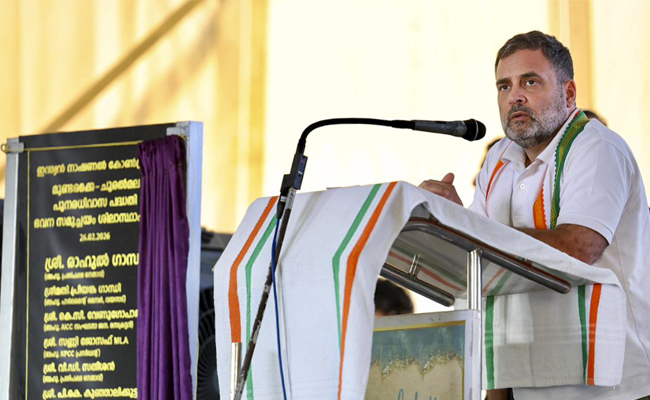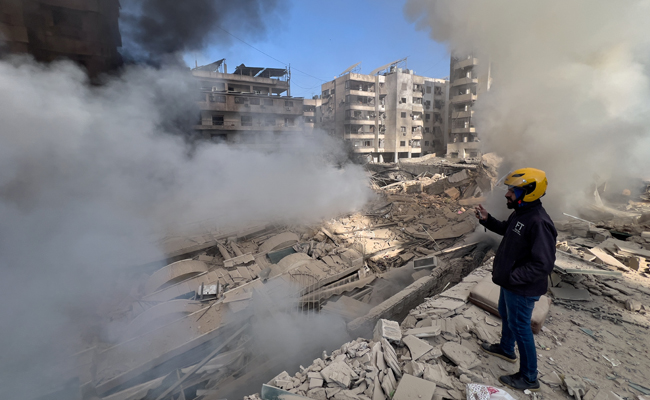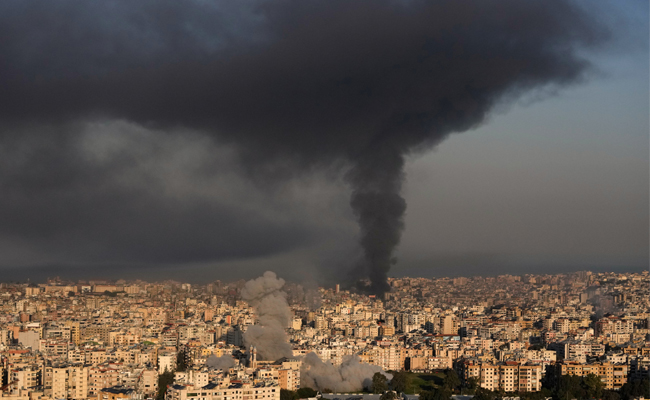Sydney: Indian cricketers had their first full-fledged net session on Sunday with the squad members training simultaneously for both red and white ball formats during the day.
While Saturday's first training session was mostly about gym and running workouts, the players were seen hitting the straps right away on the second day itself.
It is understood from the videos of the practice session that the BCCI shared on its social media feed that since the Test specialists are also traveling, the red ball training will also happen along with usual white ball nets.
Captain Virat Kohli and Cheteshwar Pujara, India's two specialist slip fielders, were seen taking catches with the red ball for a considerable period of time.
On the other hand, India's newest pace sensation T Natarajan was bowling with the white kookaburra at the nets. Natarajan had an extended bowling session at the nets on the day and bowled to almost all the top-order white-ball batsmen.
"We have seen him a bowl with a lot of success in the @IPL and here is @Natarajan_91 bowling in the #TeamIndia nets for the first time after his maiden India call-up! A dream come true moment," the BCCI tweeted.
His Sunrisers Hyderabad mentor VVS Laxman termed it an "inspirational story".
The likes of Cheteshwar Pujara, Ajinkya Rahane, Prithvi Shaw, Hanuma Vihari, Rishabh Pant, Ravichandran Ashwin will be training only with the red ball and the others who are in both the squads will be doing a "mix and match" as per the training schedule.
The reason for having nets with players of both formats is to get acclimatized to the red ball as most of the players haven't played red-ball cricket since the first week of March.
With two first-class games including one pink practice game lined-up within a few days after the white ball series, it is only imperative that the red ball specialists get as much net time as possible to get into the groove.
Let the Truth be known. If you read VB and like VB, please be a VB Supporter and Help us deliver the Truth to one and all.
Jammu (PTI): Police on Tuesday recovered an aeroplane-shaped balloon marked 'PIA' in Rajouri district, officials said.
A red and white aeroplane-shaped balloon bearing the text 'PIA' with Urdu was found in Sarhoti village under the Dharamsal Police Station, they said.
Locals alerted authorities after spotting the object.
Cops from Police Post Teryath reached the site, secured the balloon, and seized it, they added.
Earlier, on February 23, two balloons with a Pakistani Rs 5,000 currency note and a US dollar attached were recovered from Gunara village in the Akhnoor sector near Jammu.

